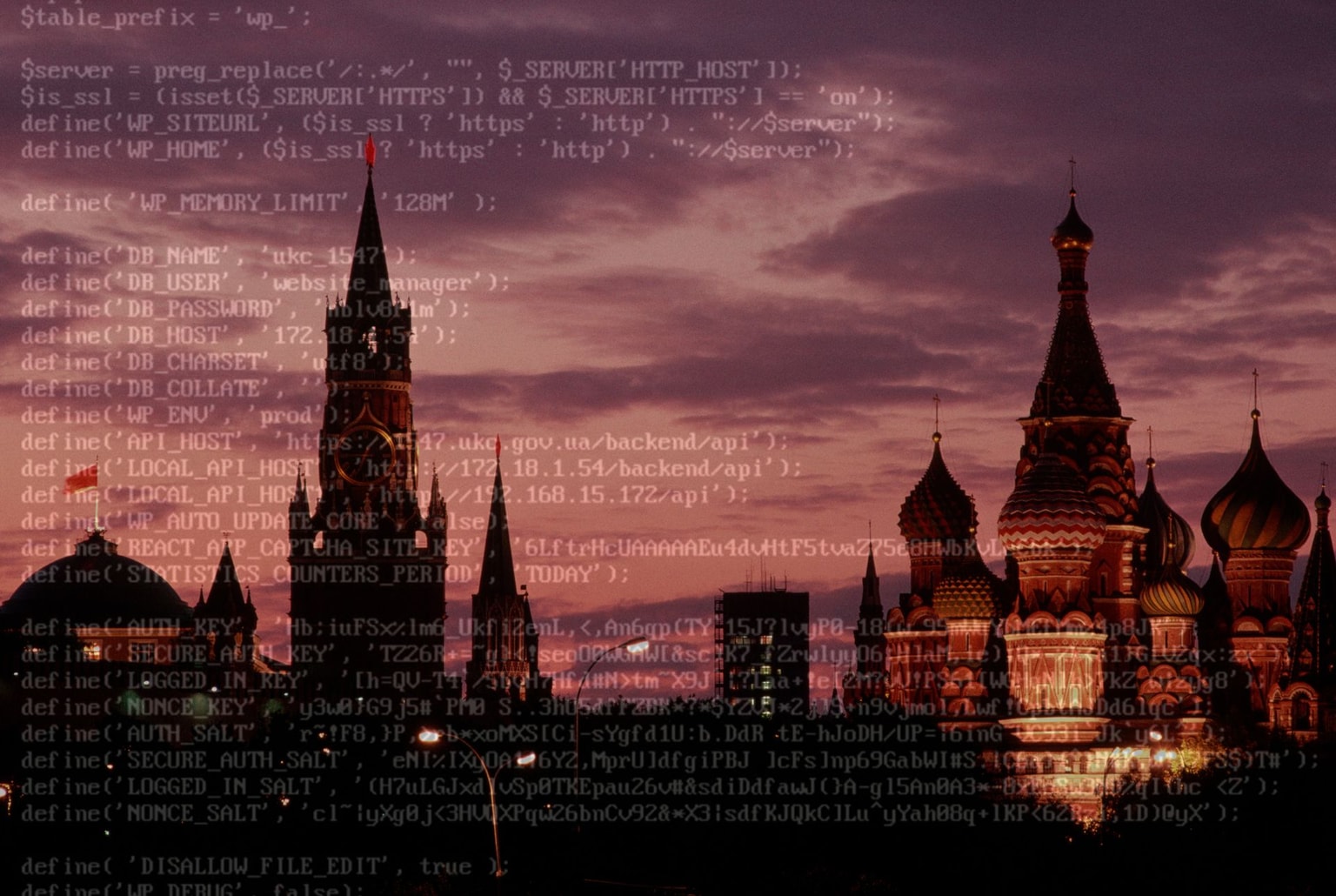Russian forces used cluster munition in their latest attack on the eastern city of Kramatorsk, killing at least two civilians and wounding five, Donetsk Oblast Governor Pavlo Kyrylenko reported on March 18.
Over 100 countries ban the use of cluster munition, but Russia continues to use the weapons – which release small explosive bombs and indiscriminately harm civilians. International observers have confirmed Russia's "extensive" use of cluster munitions, an accusation that Moscow denies. Russia is not a signatory of the 2008 convention, but it is obliged by international humanitarian law to avoid its use.
In a Telegram post, Kyrylenko said that the Russians targeted Bernatsky Park, located in the southern part of the city. A dozen residential buildings and several cars were damaged by the attack, according to the official.
"Ukrainian Kramatorsk is one of the biggest irritants for Russians," Kyrylenko said. "They purposefully hit the city, trying to kill as many of its civilians as possible."










